When Ukrainian leader Volodymyr Zelensky addressed the United Nations General Assembly (UNGA) on September 25, he cast Russia's military campaign in Ukraine as a threat to Europe and beyond, warning of the growing threat of nuclear catastrophe and the possibility of war spreading to Eastern Europe.
The atmosphere in the hall was different this year, with only a sparse audience. The empty chairs reflected the problem Mr. Zelensky’s speech was meant to address: Much of the world’s attention has shifted away from Ukraine as the situation in the Middle East threatens to spiral out of control.
The 46-year-old leader condemned Russia’s targeting of his country’s infrastructure, saying “80% of the country’s energy system has collapsed.” He said the attacks had not only left millions of Ukrainians without electricity for a harsh winter, but had also put Ukraine’s nuclear power plants at risk.
Mr Zelensky accused Russia of trying to disconnect the Zaporizhzia nuclear power plant from the grid, leaving Europe just one drone attack away from a “nuclear disaster” where “radiation will not obey state orders”.

Mr. Zelensky speaks at the 79th United Nations General Assembly (UNGA) at the United Nations headquarters in New York, USA, September 25, 2024. Photo: Arab News
The Ukrainian leader used his trip to the United States this week to outline a “victory plan” — which included a call for more aid and a request to deploy U.S.-made long-range weapons deeper into Russia to bolster Kiev’s position enough to force Moscow to the negotiating table.
Realizing that battlefield support alone will not be enough to force the opposition to reach an agreement on Ukraine’s future, Mr. Zelensky has also asked the West to increase economic, political and diplomatic pressure to force Russia to negotiate. On September 26 (local time), Mr. Zelensky will meet with US President Joe Biden to discuss the above plan.
On the other side, Russian President Vladimir Putin on September 25 updated Russia's nuclear doctrine, stating that Russia will use nuclear weapons if attacked by a country that does not possess nuclear weapons but has the participation or support of a country with nuclear weapons, and this is considered a hybrid attack against Russia.
The radical changes to Russia’s nuclear doctrine were announced by Mr Putin as he chaired an event called the “Permanent Meeting of the Russian Security Council on Nuclear Deterrence” that was restarted after a break of more than a year. Such events are usually held behind closed doors and out of public view, but this time the Kremlin chief made a public speech.
On the ground, Russian forces advanced on the outskirts of Vuhledar in the Donetsk region on 25 September and may now be threatening the town from three sides. The UK Ministry of Defence assesses that Russia is likely to continue to put pressure on the heavily fortified area over the coming week.
Information from pro-Russian military bloggers and open-source monitoring groups suggests that Ukrainian forces here are in danger of being surrounded by the enemy. According to geolocated footage, Russian troops have broken through to the east of Vuhledar and are advancing on the town through it.
Located 50 km south of Pokrovsk, Vuhledar is a “strategic road junction” and logistics hub, often referred to as a “fortress”. The stronghold has held out for 30 months since Russia began its military campaign in Ukraine.
There are concerns about the possible consequences of the fall of the Vulhedar stronghold, specifically how it could pose a threat to the southern flank of Pokrovsk – a priority target for Russian forces in the Donetsk region.
But the Institute for the Study of War (ISW) argues that Russia's capture of Vuhledar is unlikely to fundamentally change the course of offensive operations in the area.
The Washington DC-based think tank said Vuhledar is not a particularly important logistics node, so capturing Vuhledar would not immediately give Russian forces access to a new route or cut off Ukrainian forces from a vital route for their logistical supplies.
Minh Duc (According to GZero Media, TASS, Euronews)
Source: https://www.nguoiduatin.vn/phan-lon-su-chu-y-cua-the-gioi-khong-con-dat-vao-ukraine-204240926111438595.htm


![[Photo] The parade took to the streets, walking among the arms of tens of thousands of people.](https://vstatic.vietnam.vn/vietnam/resource/IMAGE/2025/4/30/180ec64521094c87bdb5a983ff1a30a4)
![[Photo] Panorama of the parade celebrating the 50th anniversary of the Liberation of the South and National Reunification](https://vstatic.vietnam.vn/vietnam/resource/IMAGE/2025/4/30/affbd72e439d4362962babbf222ffb8b)
![[Photo] Mass parade to celebrate 50 years of national reunification](https://vstatic.vietnam.vn/vietnam/resource/IMAGE/2025/4/30/825e459ee2f54d85b3a134cdcda46e0d)

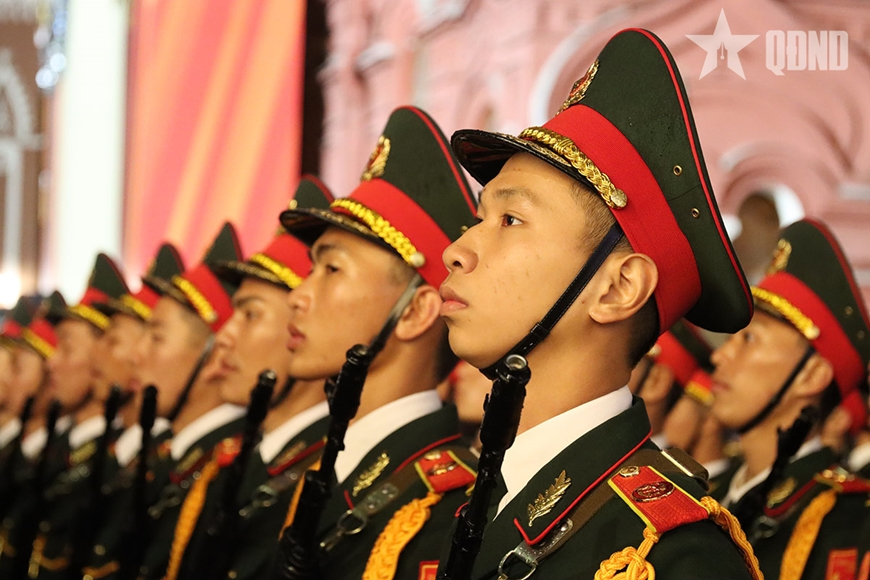
![[Photo] "King Cobra" Su-30MK2 completed its glorious mission on April 30](https://vstatic.vietnam.vn/vietnam/resource/IMAGE/2025/4/30/5724b5c99b7a40db81aa7c418523defe)


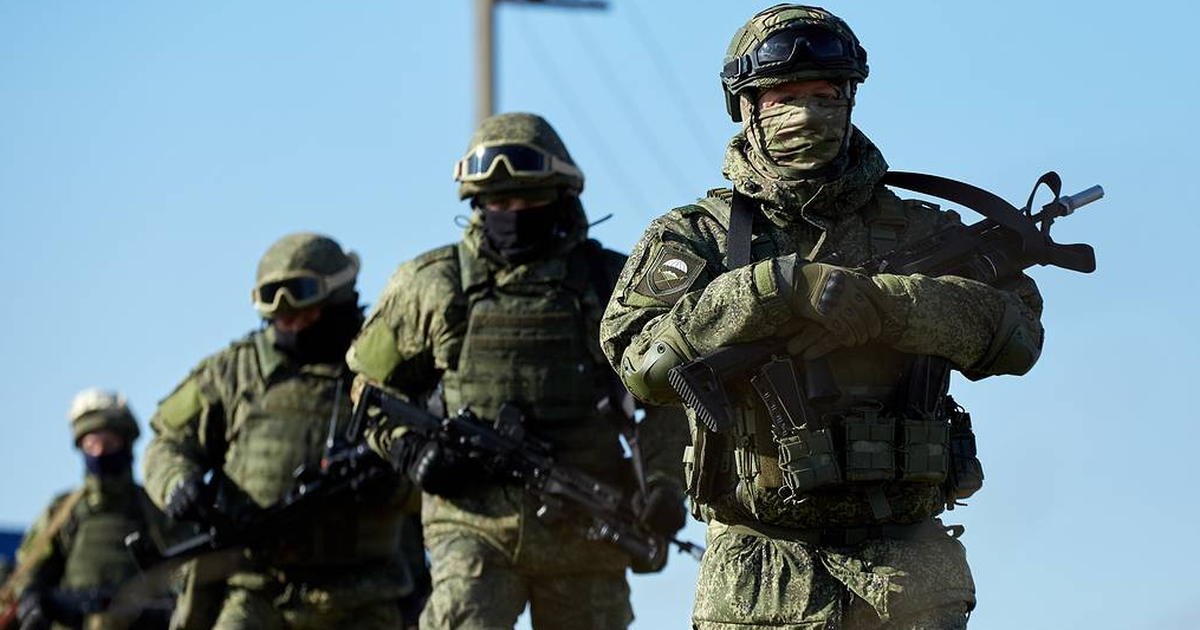

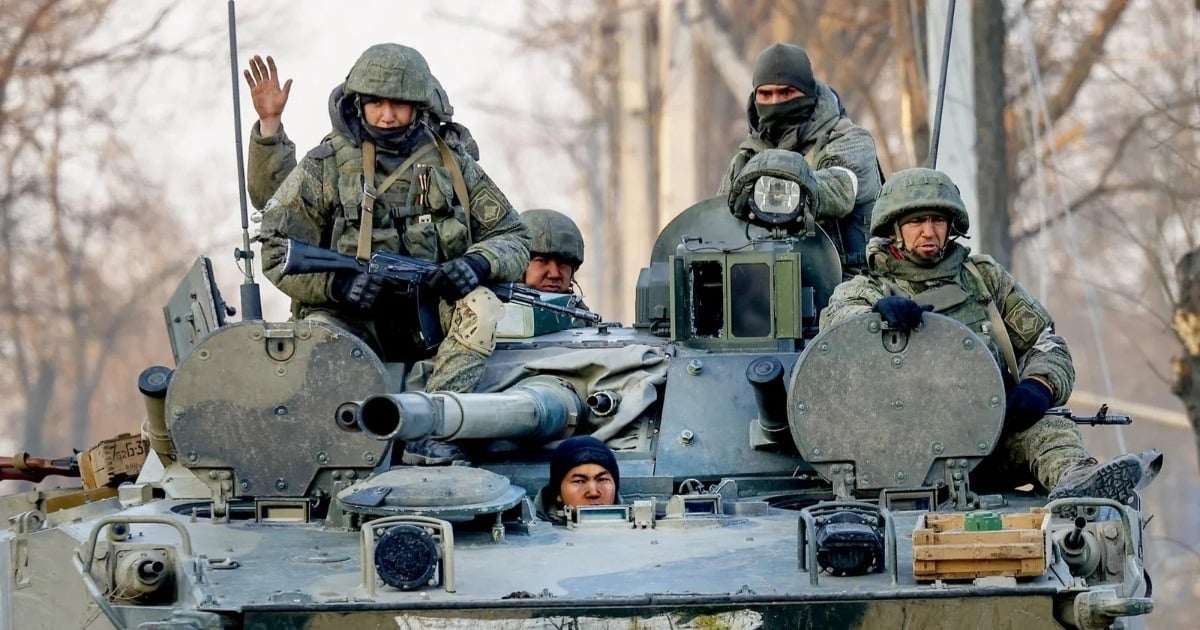

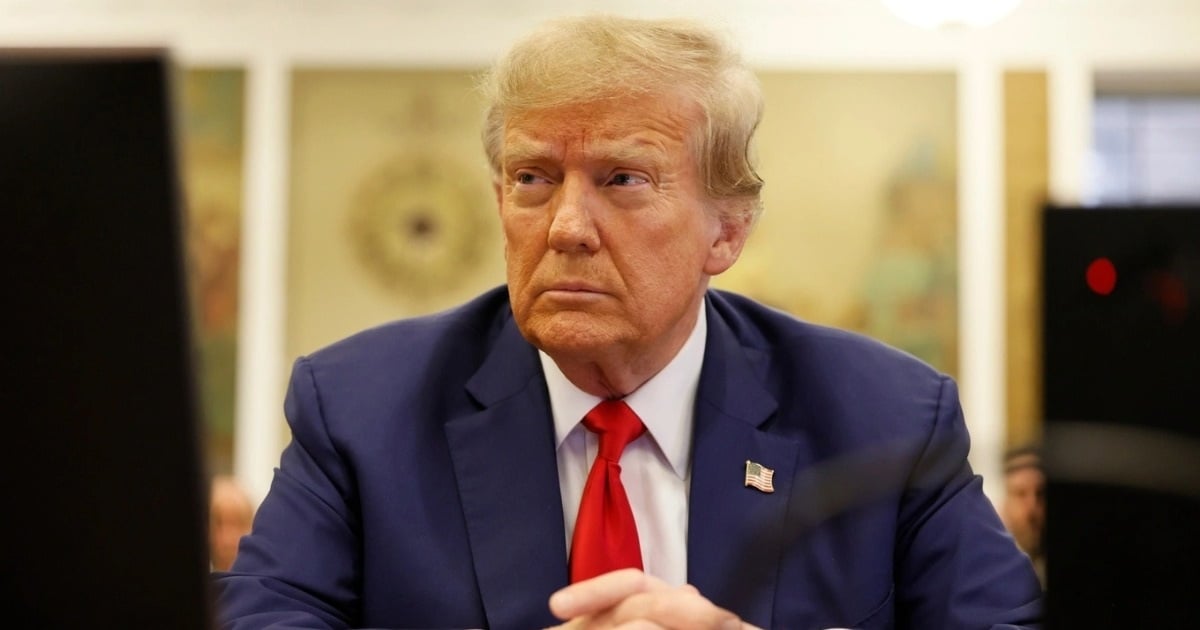
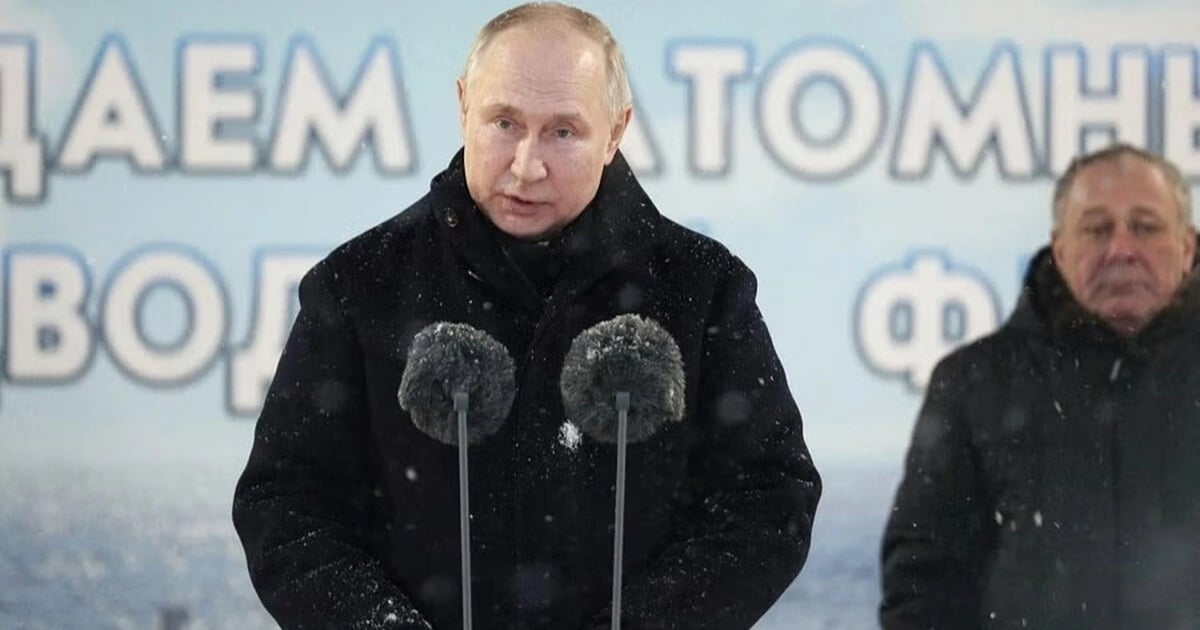
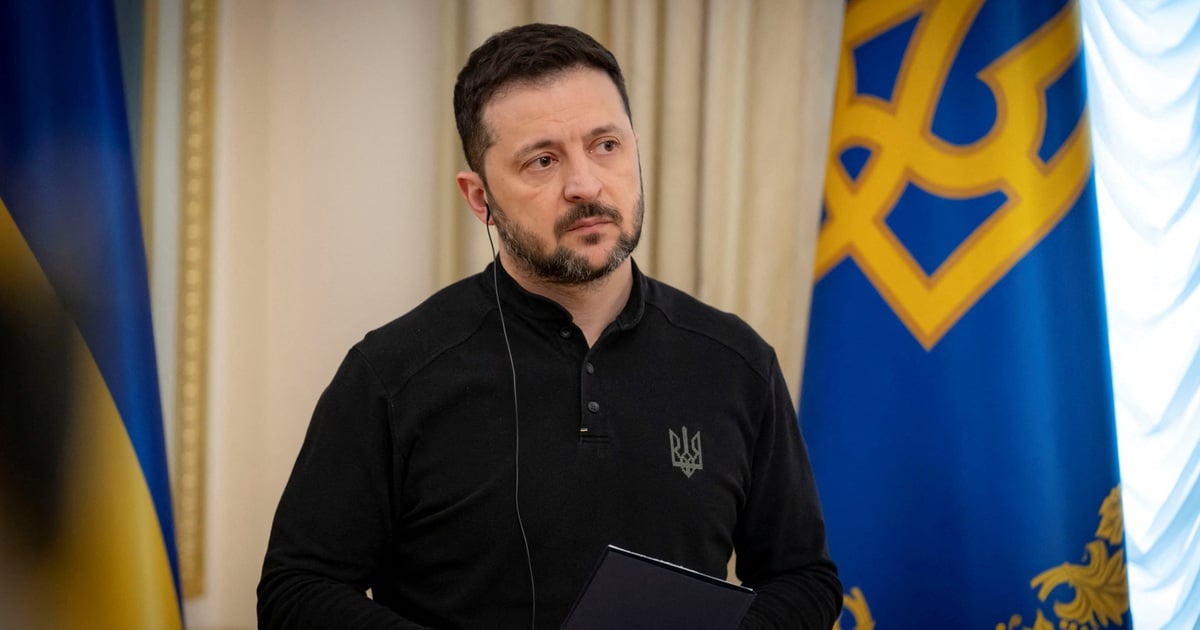
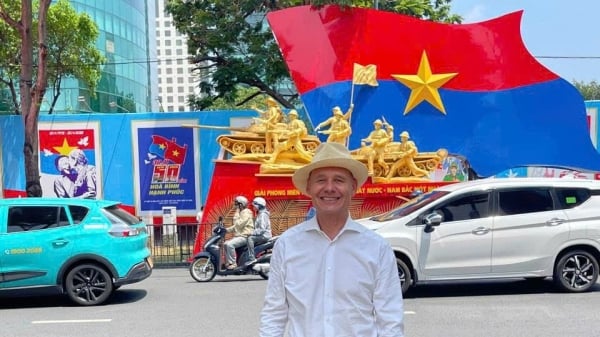
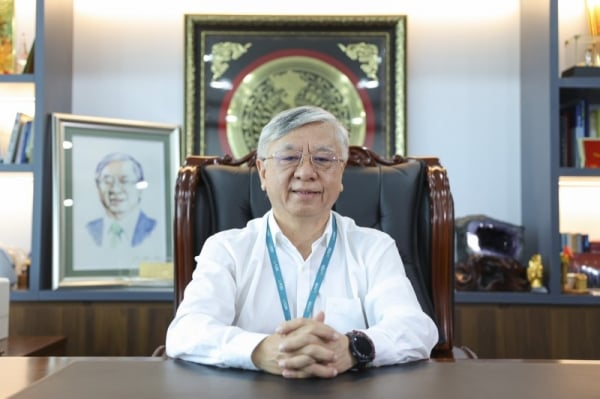
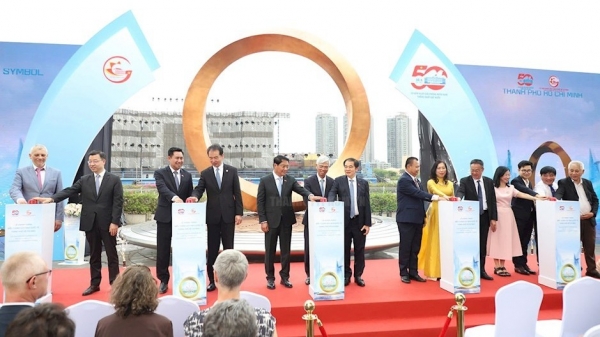
![[Photo] Parade to celebrate 50 years of national reunification](https://vstatic.vietnam.vn/vietnam/resource/IMAGE/2025/4/30/22c66d6a6a5a4e20a11743552e1c5a3a)
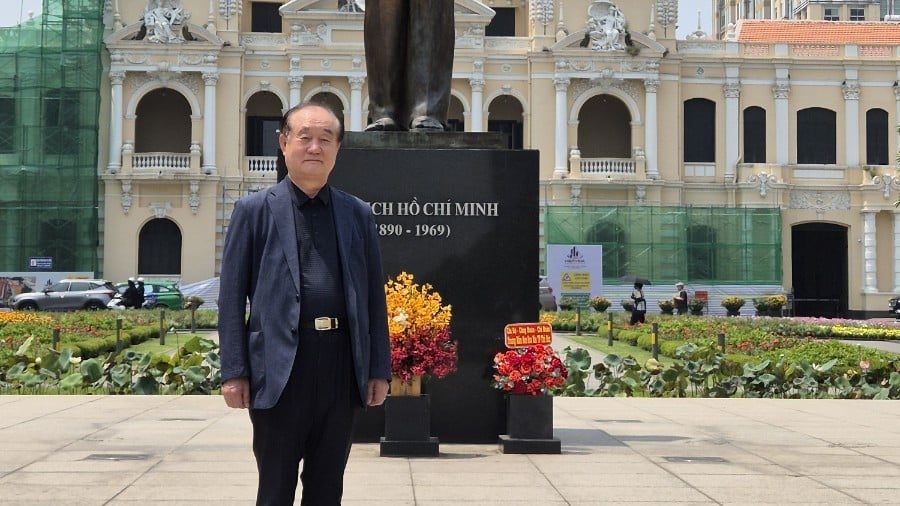
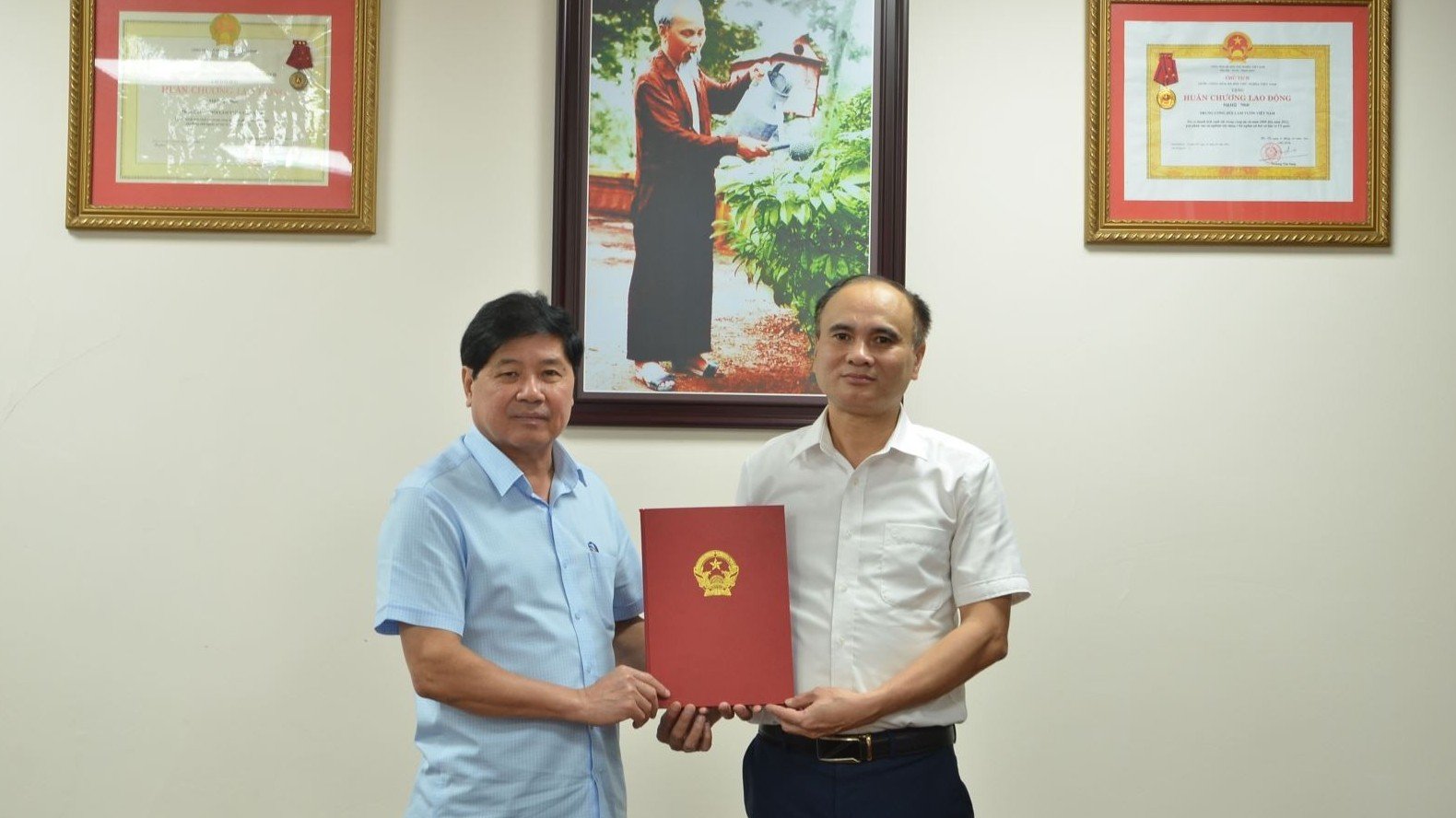














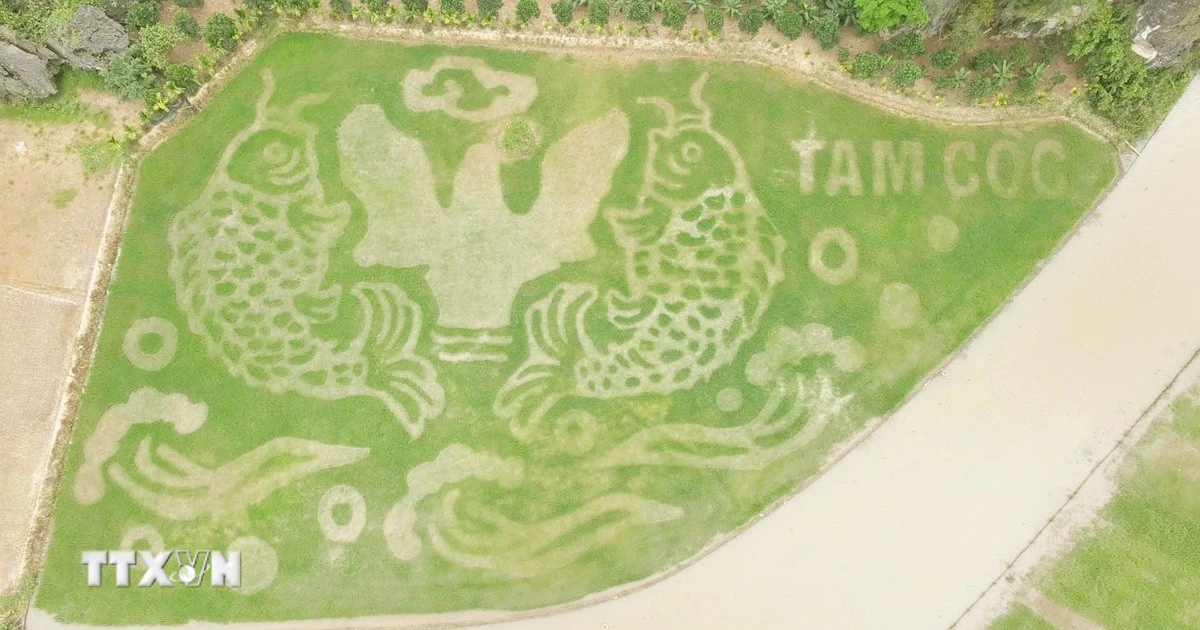

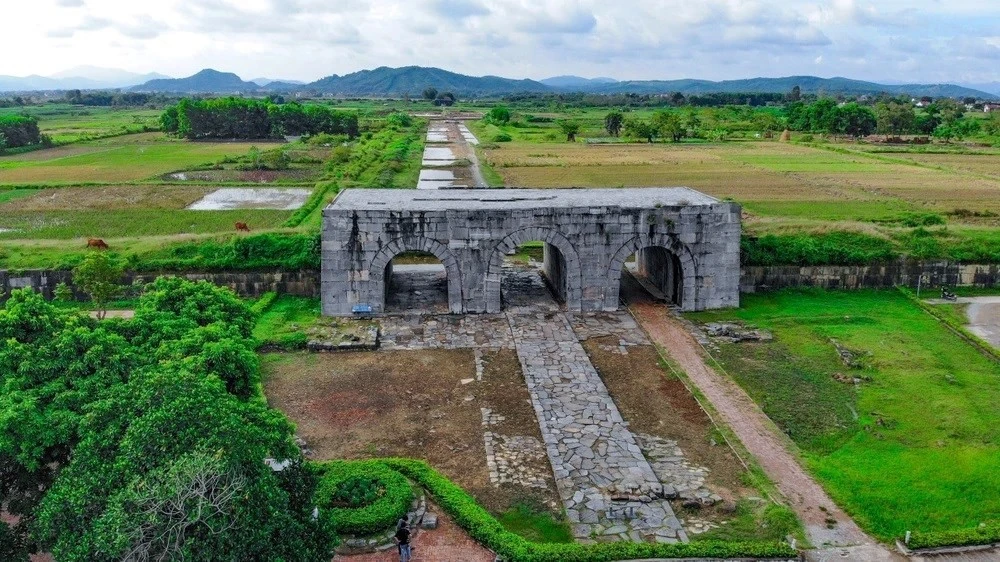

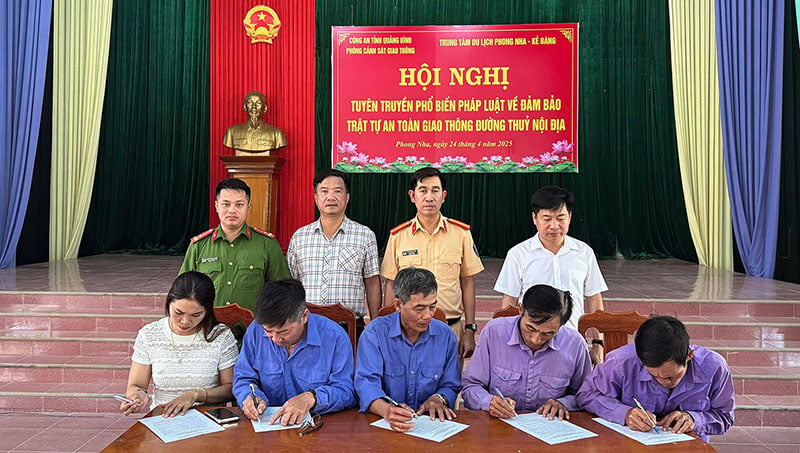

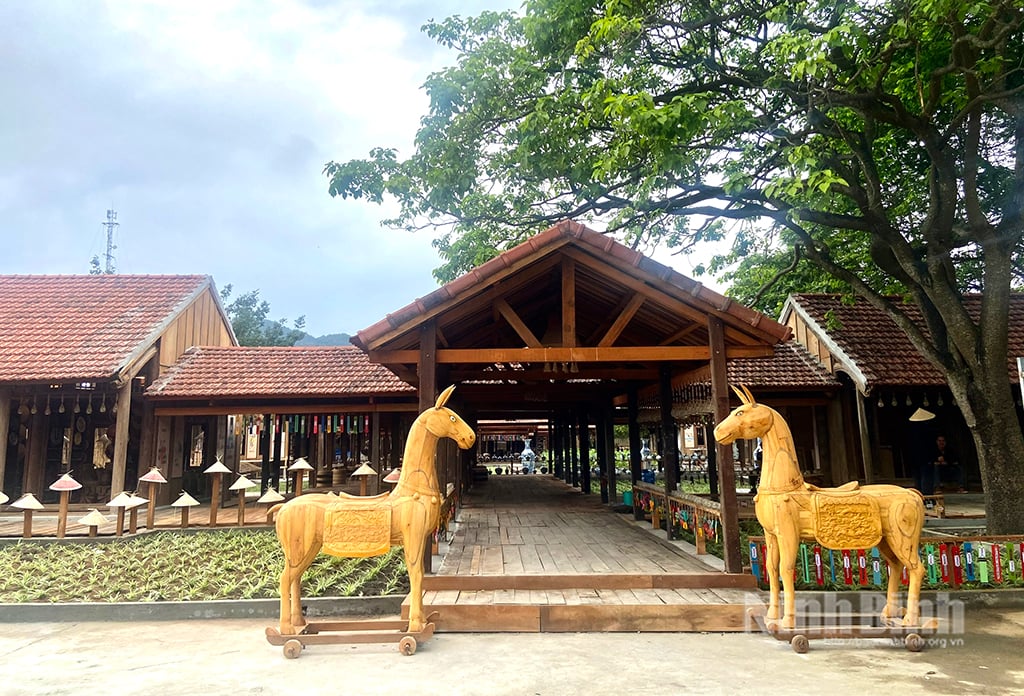






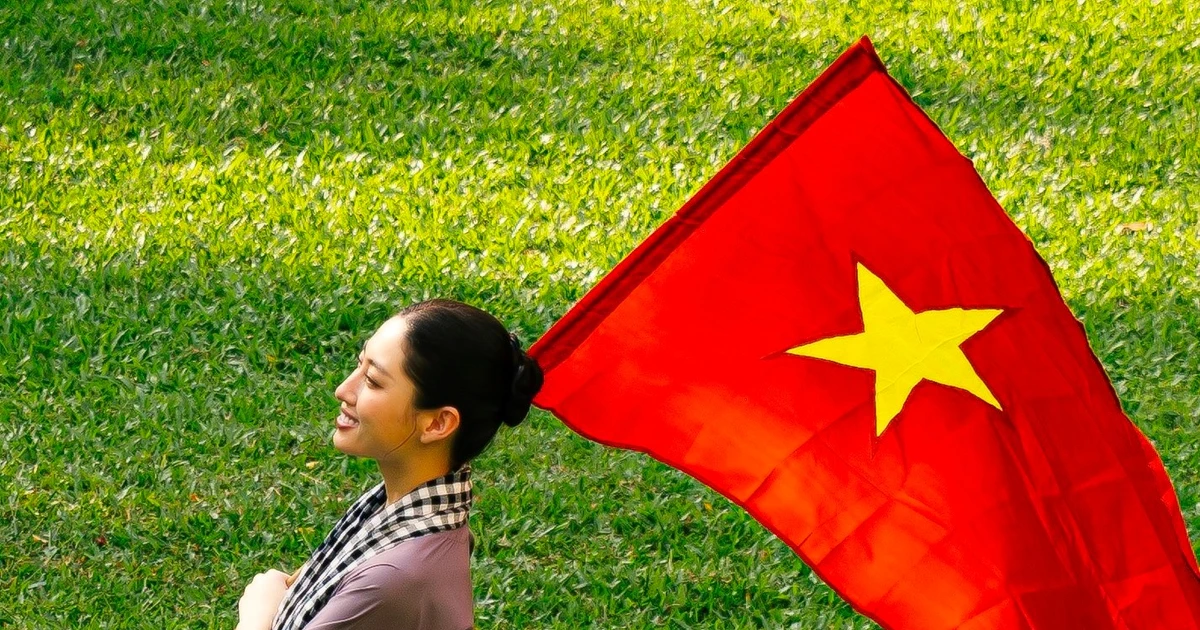


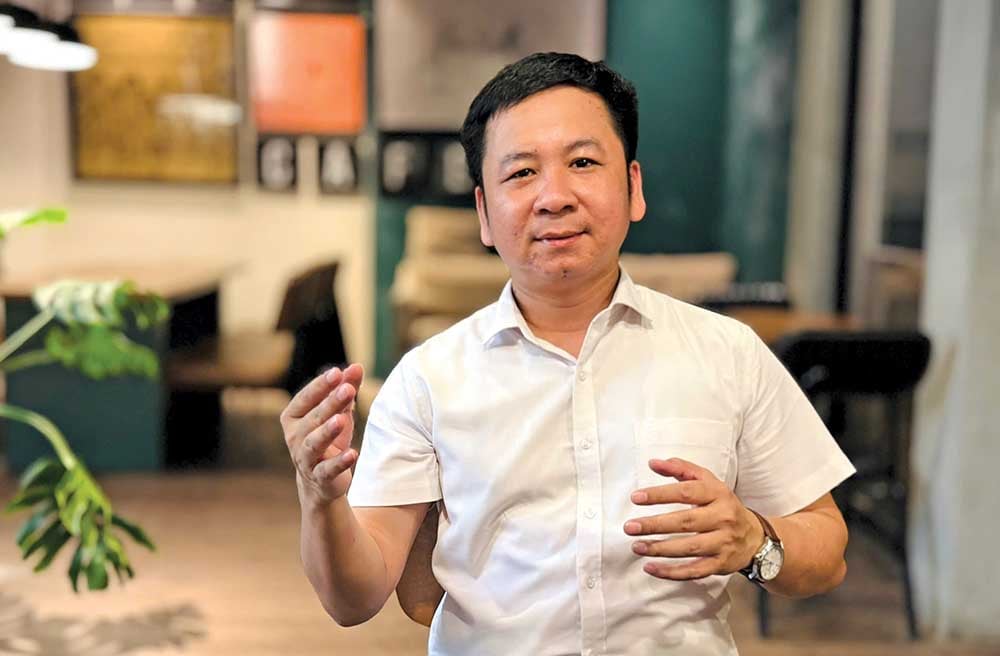











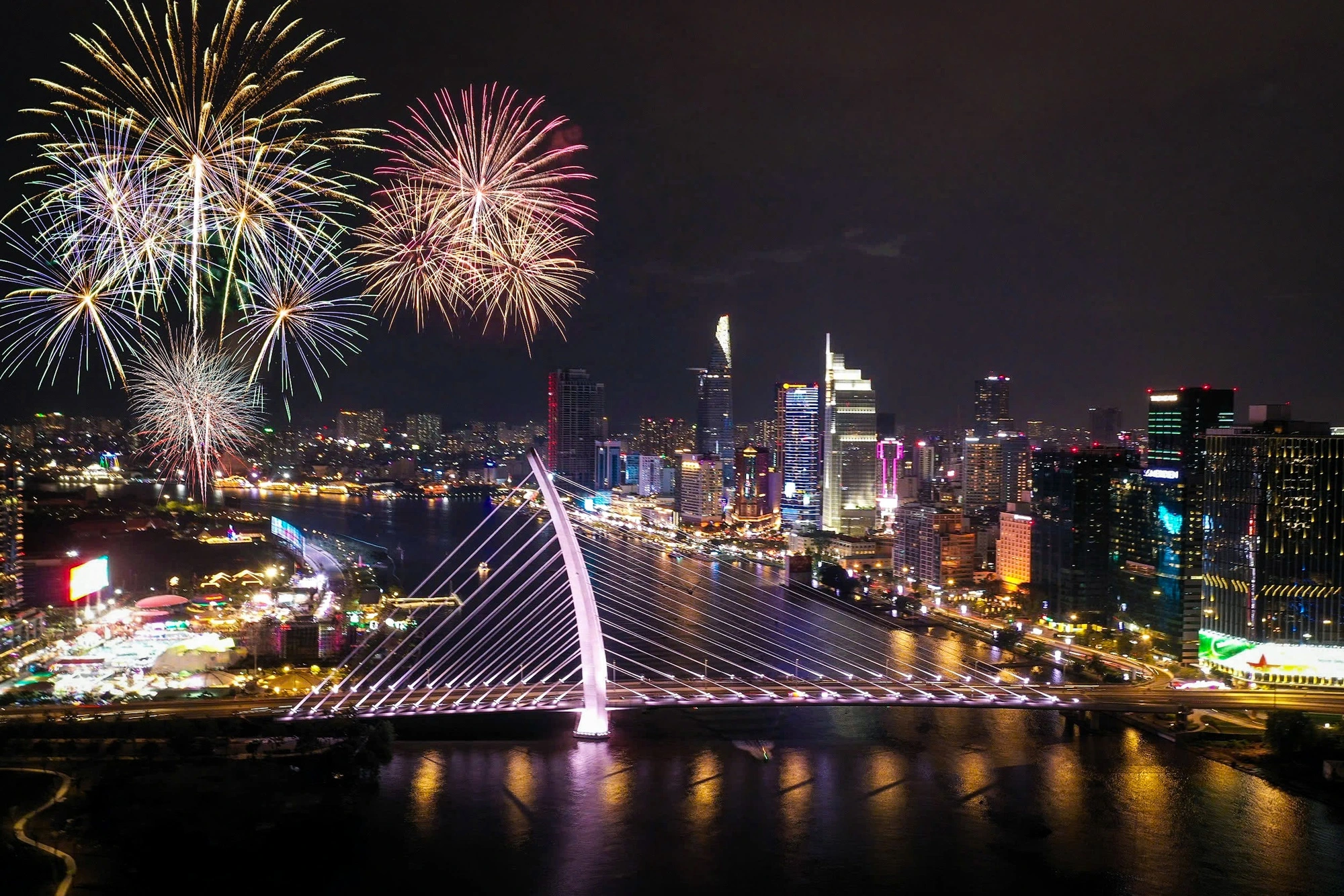
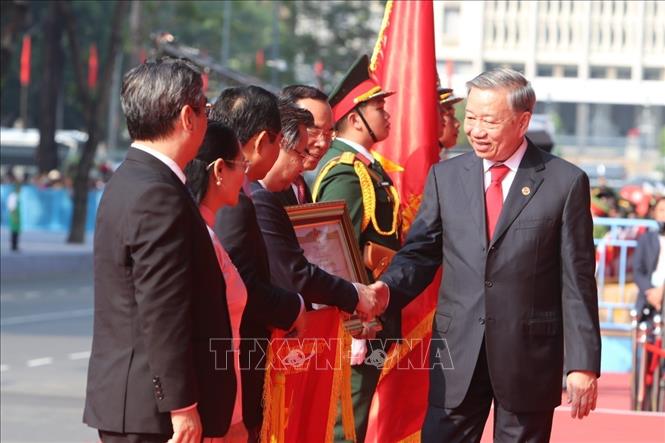


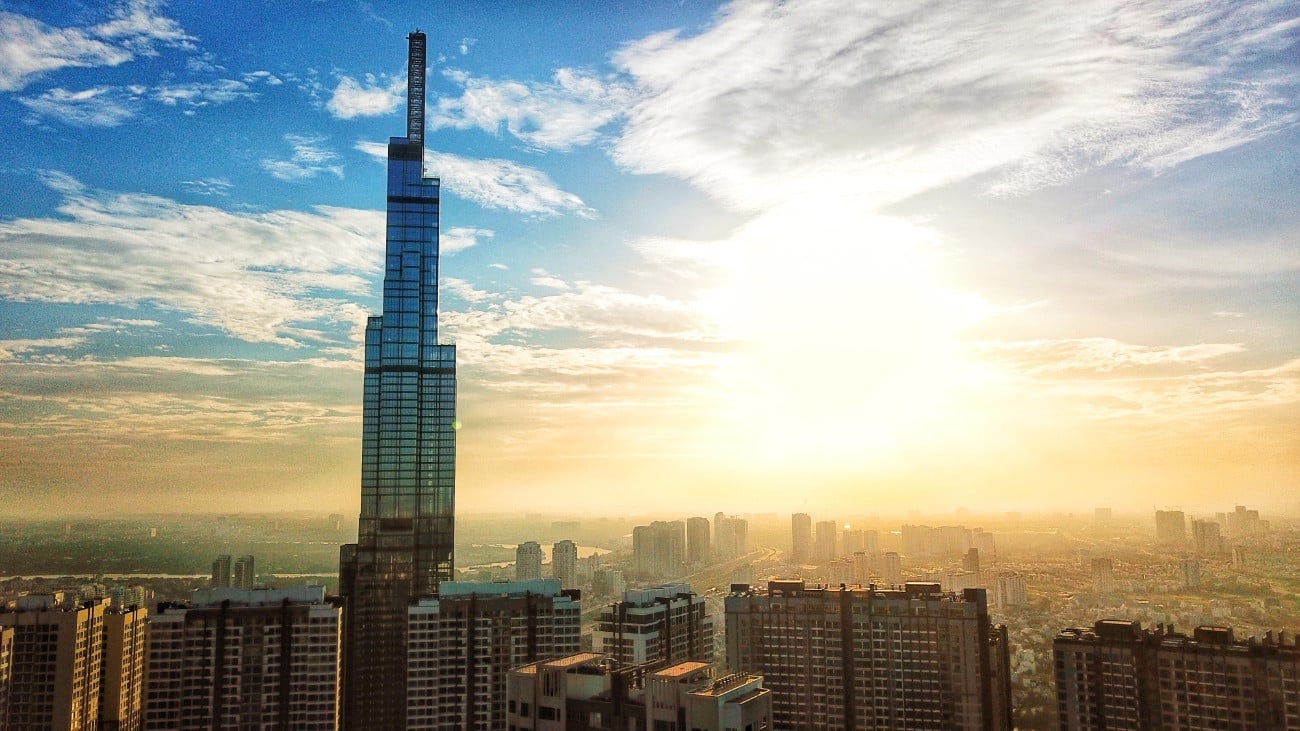






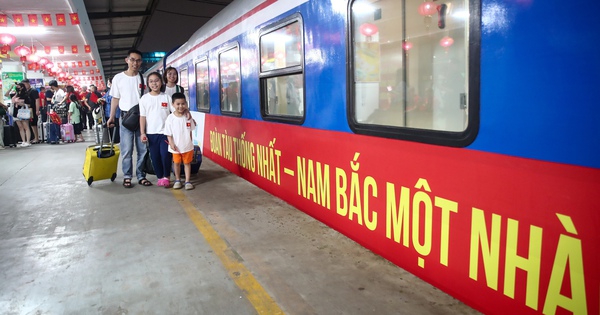


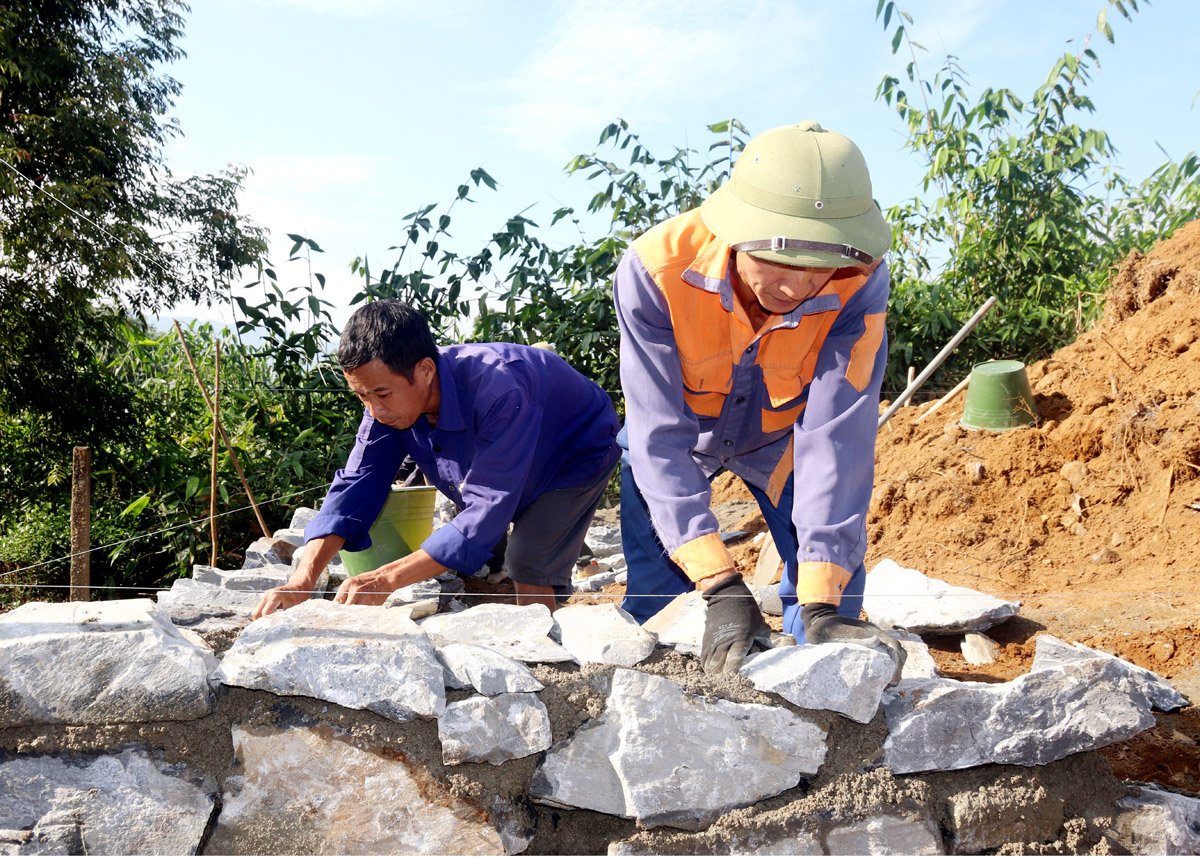

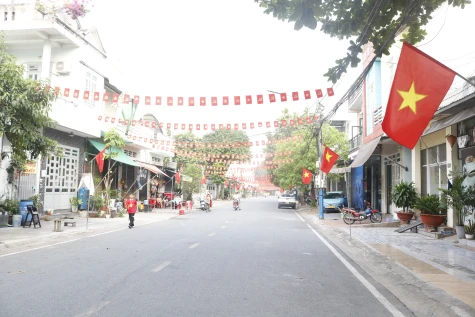

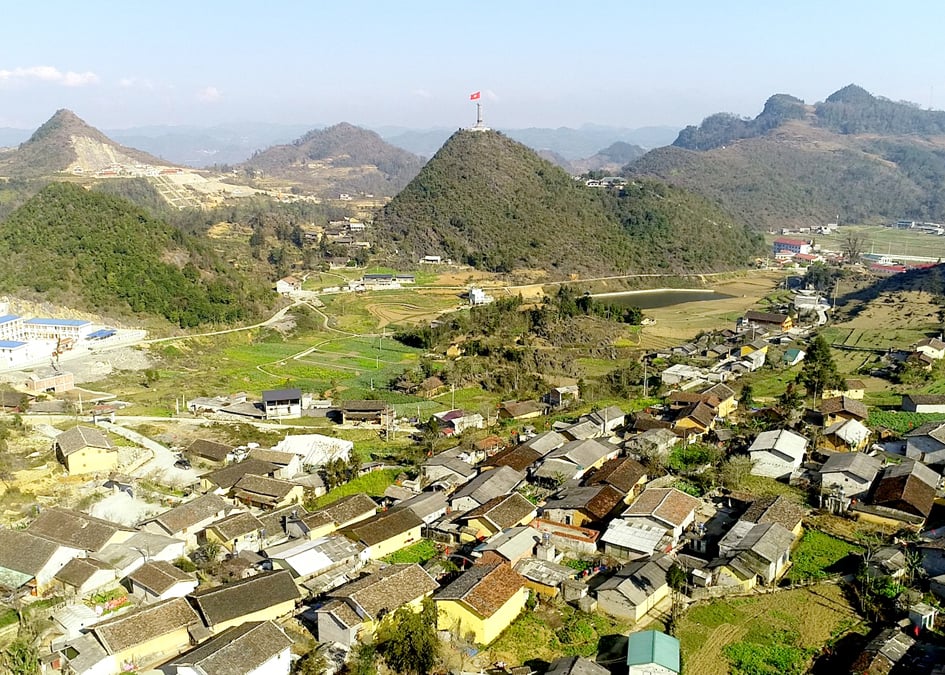


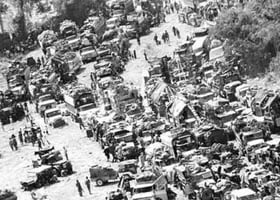
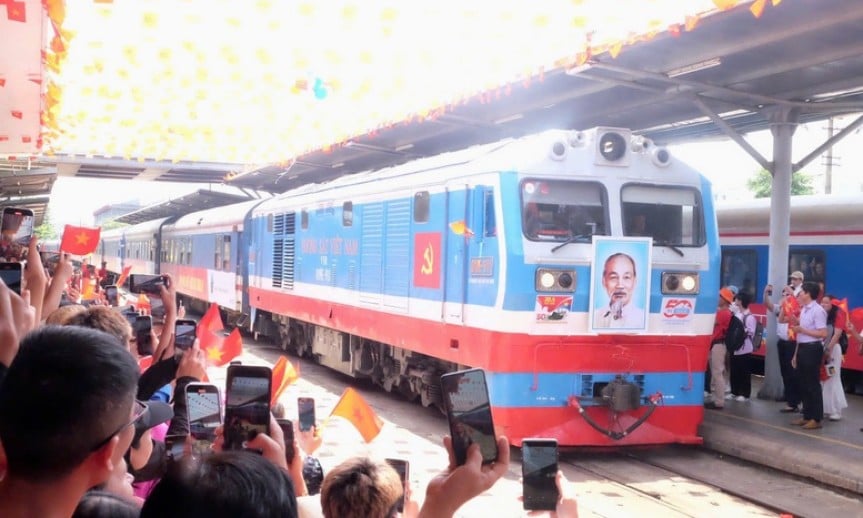









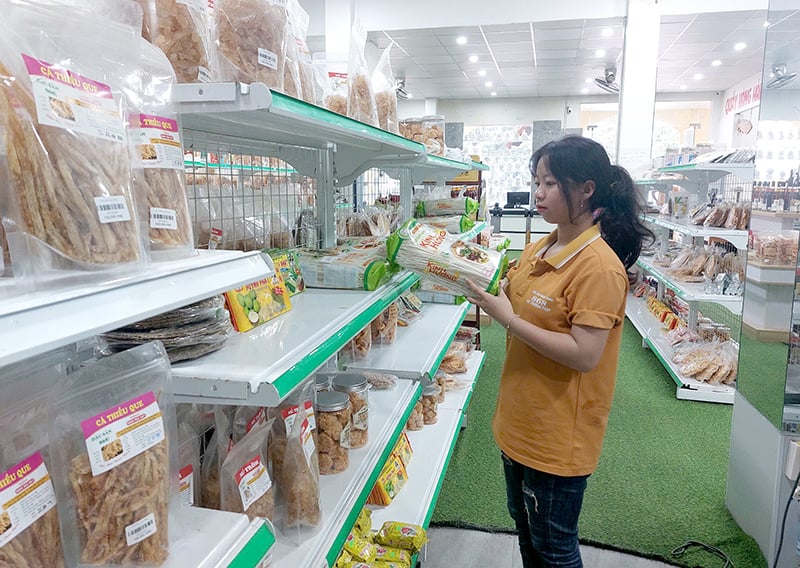
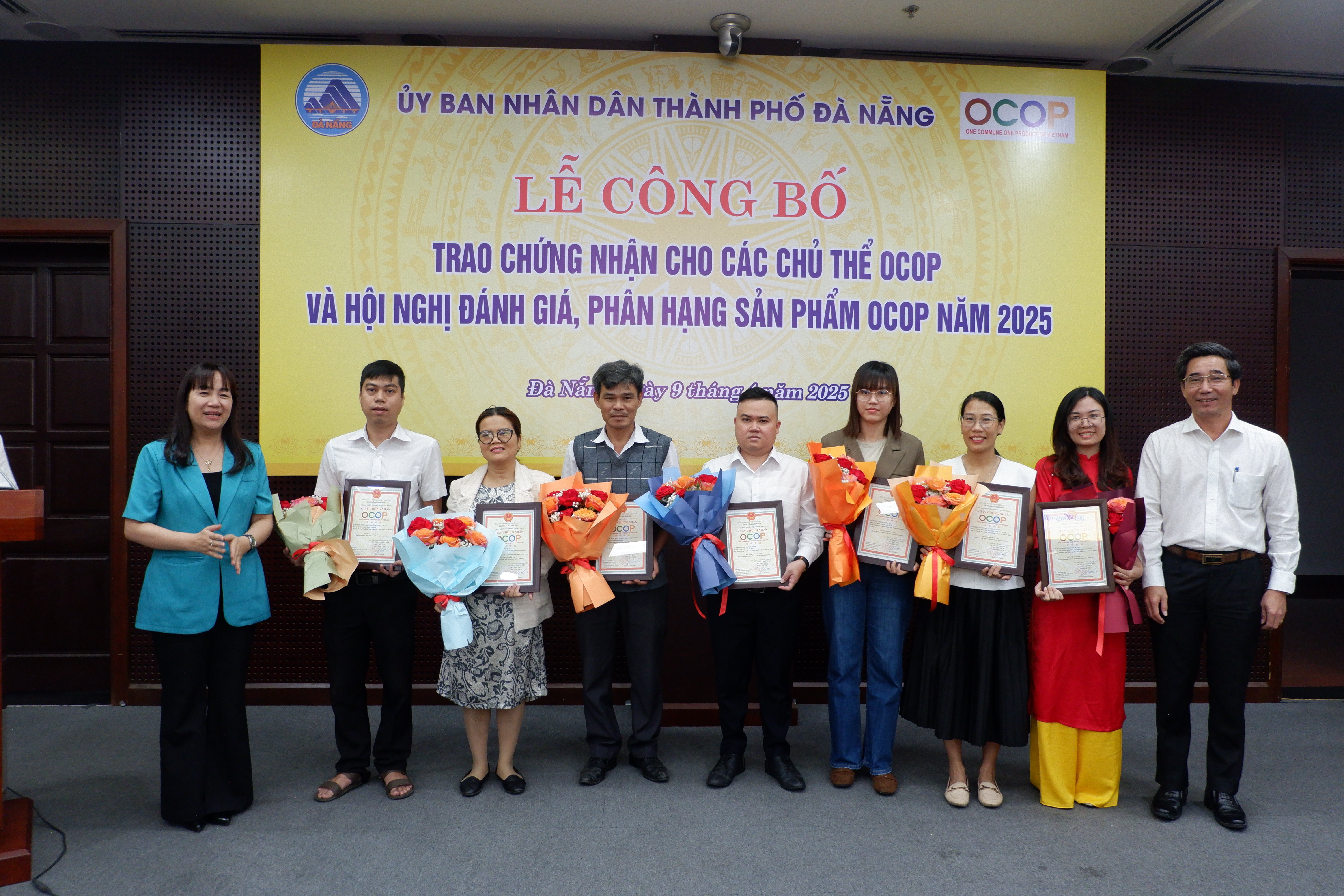

Comment (0)